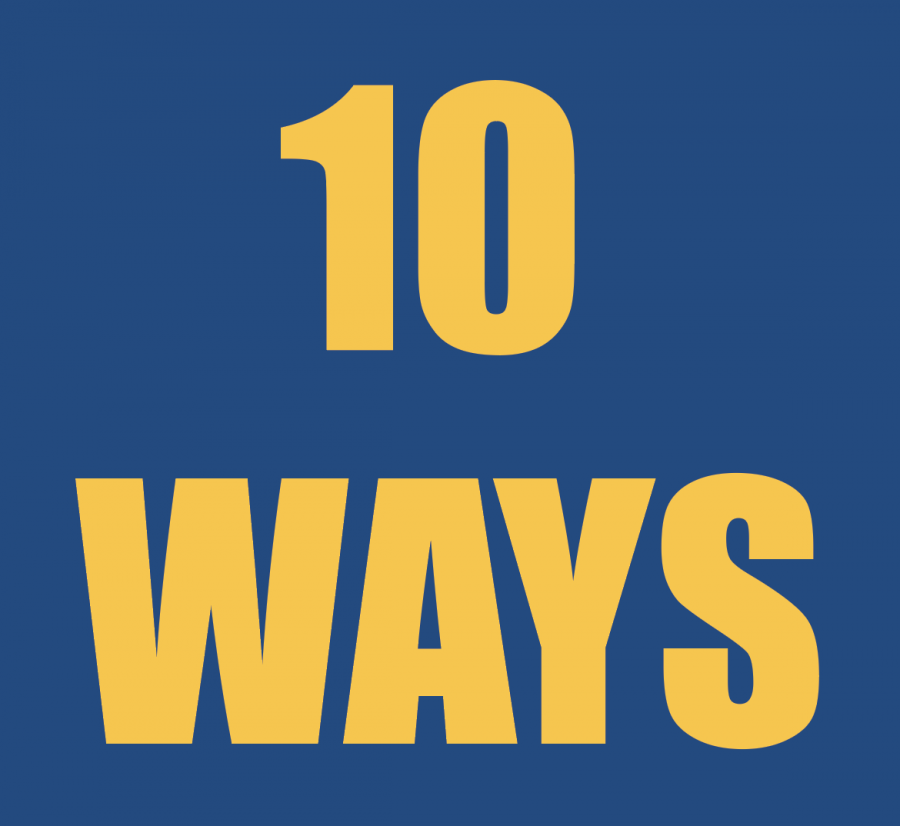Do you prefer to roll out of bed and into your running sneakers, or would you rather hit the gym after class and work? Although most experts agree that the time of exercise is not nearly as important as the consistency, others believe timing plays a more important role.
Burning Fat… Fast
While most physical trainers do not recommend exercising on an empty stomach, it turns out that doing so actually burns the most fat. According to Forbes, if you cram in your cardio before your breakfast, your body will burn off its fat reserves.
Working out in the morning also raises your heartbeat and metabolism for the entire day, which helps you burn more calories even in a resting state.
Avoiding Injuries and Peaking Performance
When it comes to determining the best time for exercise, many scientists and fitness experts call attention to circadian rhythms. Circadian rhythms are physiological and psychological changes that occur over a 24-hour period. These cycles trigger various functions in our bodies, from altering sleep patterns to regulating temperature.
According to CNN Health, the most productive workout can be achieved during the afternoon, when the body is at its peak temperature. Dr. Michael Vitiello, a professor of psychiatry and behavioral sciences at the University of Washington, claims that maximum body temperature occurs between 2 and 4 p.m. Exercising in the late afternoon or early evening can boost your performance and lower your risk of injury because muscles are most flexible at this time of day.
Everyday Routine
Working out in the morning, before you can let life and the stresses that come along with it get in the way, leaves no time for excuses. Oftentimes, the most difficult part of working out is simply getting to the gym. If you wait until the end of the day to exercise, you allow yourself plenty of time to change your mind.
Exercising too late at night can inhibit your body from sleeping. WebMD says that your body needs sufficient time to relax before it can fall asleep. Because exercise elevates your heart rate and temperature, along with releasing endorphins, working out late at night may keep you awake longer.









